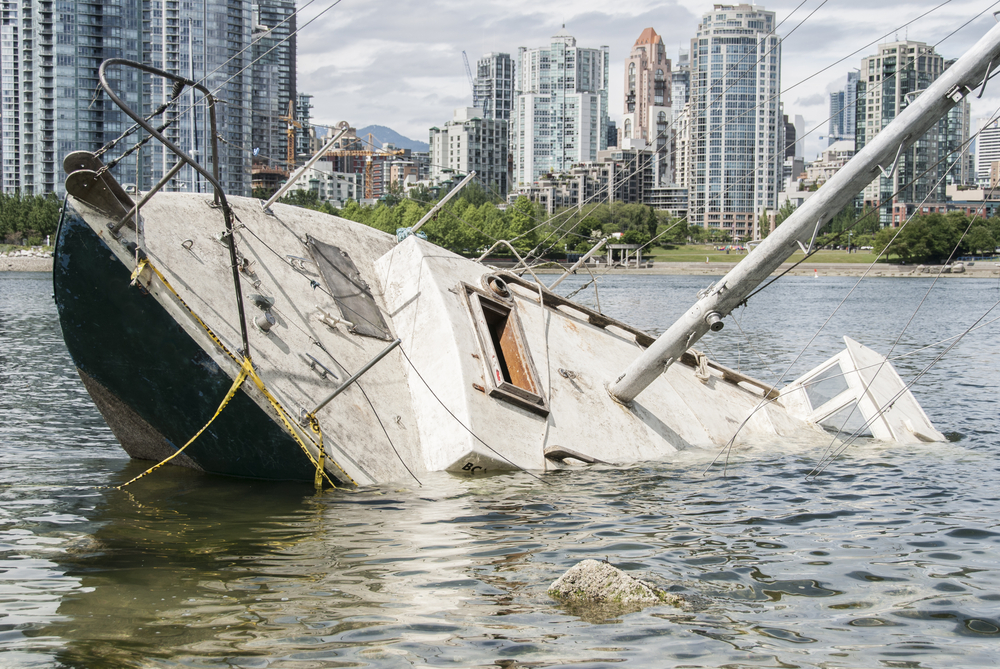
The opening of diplomatic ties with Cuba means that the U.S. will establish an embassy in Havana. President Obama spoke personally with Raul Castro in order to finalize the decision. Obama explained that the historic change will finally put an end to Cold War era hostilities and help the U.S. write a “new chapter” in its history.
The New York Times reported that the change in U.S. policy came about after 18 months of secret talks that allowed for a prisoner exchange negotiation that involved Pope Francis’s intercession. Fidel Castro’s alliance with the Soviet Union and the Cuban Missile Crisis both set the stage for the U.S. embargo on Cuba and for the tensions that have been in place for the last 54 years.
But what impact can resuming diplomacy with Cuba have on the U.S. and the maritime industry as a whole? Will this affect consumer cruise ship travel?
For one, it would allow for the possibility of greater travel to the Cuba. Currently, the only Americans allowed to travel to Cuba are relatives, academics, and individuals who visit the island on cultural exchange. With the president’s new announcement, the possibility that the general public can someday travel to the island looks like it may someday be a reality, especially on a cruise ship.
Fox News interviewed several travel companies, among them the Carnival Corporation. Roger Frizzel, spokesman for the cruise line, explained that “some infrastructure for cruising already exists in the country.”
Of course, the companies face alienating Cuban tourists and anti-Castro Cuban-Americans who use these cruise lines and companies to travel to other destinations. Americans with anti-Castro and anti-Communist sentiment may be wary about supporting a company that brings in revenue for the Communist regime.
Other legal issues will also need to be considered. One of the considerations will of course have to be passenger safety. Cruise lines will have to use caution and make sure that they take reasonable measures to protect tourists, if they are allowed to establish ports of call in the island nation. Additionally, Americans who decide to travel to the nation should understand that there are going to a place that for the most part has stood still in time from an economic and infrastructure development point of view since the success of the revolution in 1956.
AS Fox News reminded potentially excited tourists, there are no McDonald’s and no Starbucks in Cuba. Additionally, Cholera outbreaks have led the CDC to issue advisories and the Canadian government (which allows its citizens to travel to Cuba) has had to issue health warnings to individuals choosing to visit the island nation.
President Obama’s choice to re-establish diplomatic ties is likely to create controversy in the weeks and months ahead as the consequences of the decision become more apparent. Tour companies, on the other hand, seem cautiously optimistic about the prospects that Cuba might bring to business.
With the island nation being so close to the U.S., small charters and recreational boaters may attempt to sail or travel to Cuba once U.S. allows citizens are allowed the freedom to visit at will. The risk for accidents and tragedies on the high seas on what is known to be a particularly treacherous stretch of water will likely increase. Finally if cruise lines begin operating in Cuba, maritime lawyers may see more victims seeking compensation for injury from both ship board and shore side activities on the Island nation.
Here at LMA&W, it is our hope that only good things will come from renewed diplomatic relations with Cuba and all who decide to travel there – whether via vessel or plane – remain safe and have an enjoyable vacation or visit.
Published on December 23, 2014
Categories: Cruise Ship Law, International Maritime
Get Free
Consultation










